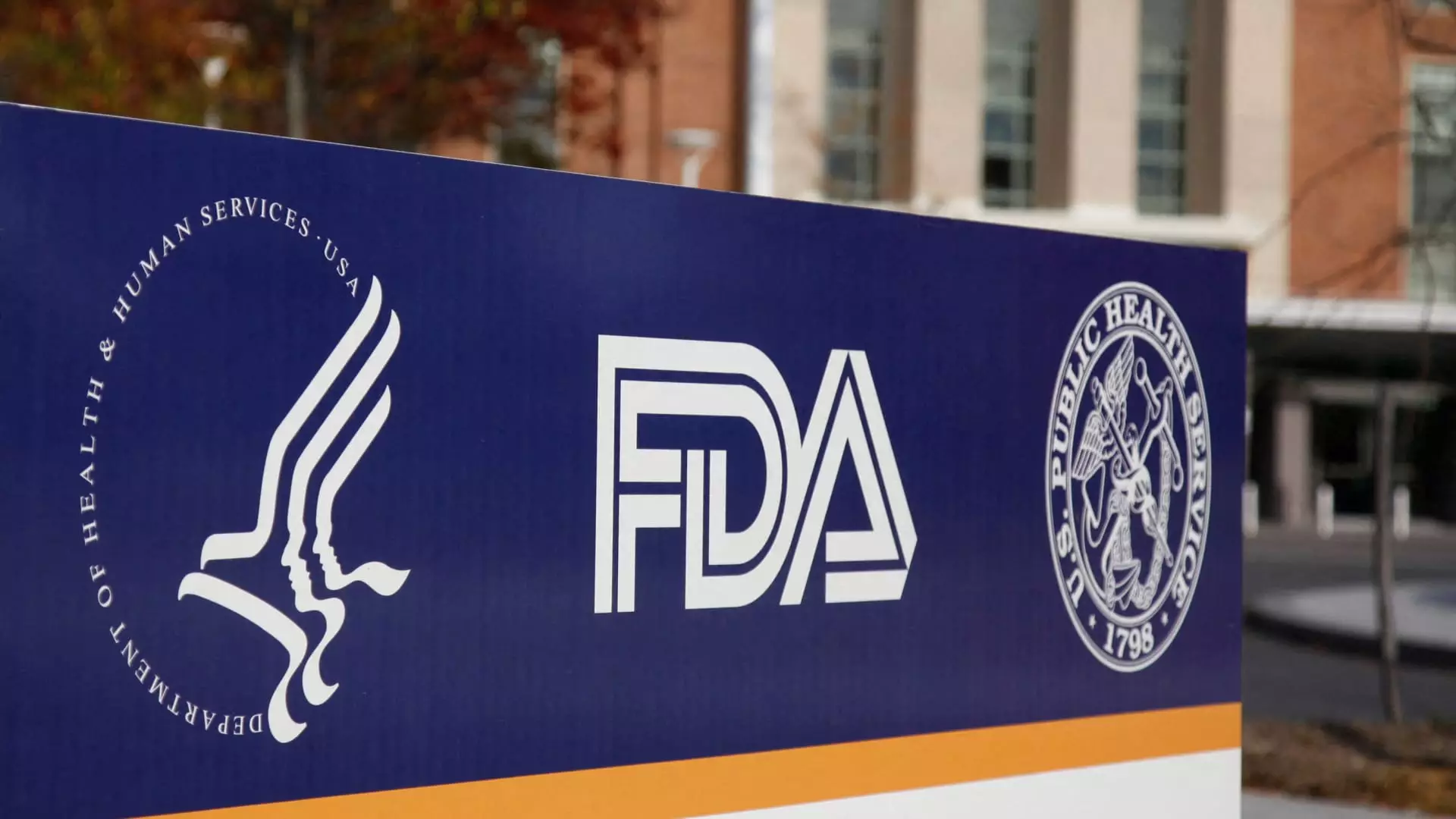In a shocking and disheartening turn of events, the Food and Drug Administration (FDA) has made sweeping cuts to a division that plays a vital role in public health and professional development. The Division of Learning and Organizational Development (DLOD) has been dismantled under the controversial restructuring plan put forth by Robert F. Kennedy Jr., leading to the dismissal of over 30 dedicated employees. This decision not only raises questions about the future of public health training but also reveals alarming oversights in prioritizing efficacy within governmental agencies.
The DLOD was not just any division within the FDA; it was a linchpin for the agency’s ongoing efforts to educate not only its staff but also healthcare professionals external to the agency. By providing critical training on safety practices, regulations, and new medical developments, DLOD ensured that doctors, nurses, and pharmacists were equipped to face public health challenges. Cutting such an essential resource reflects a shortsighted approach to governance that jeopardizes the very fabric of healthcare integrity.
Job Cuts That Misunderstand Public Health Needs
Kennedy’s sweeping cuts to the Department of Health and Human Services (HHS), in which approximately 3,500 positions at the FDA were terminated, are framed as a move toward “streamlining operations.” However, this rhetoric belies a troubling reality: vital personnel who were instrumental in safeguarding public health have been discarded in the name of reducing expenses. While the administration claims that these layoffs will not impact inspectors or reviewers, the elimination of the DLOD and its expertise is tantamount to discounting the preventative measures that protect public health at its very core.
Some may argue that such restructuring fosters efficiency; however, the trajectory taken here suggests a disregard for professionalism and expertise. The loss of the DLOD means that essential programs—like those focused on opioid safety, medication error reduction, and even cutting-edge topics such as artificial intelligence in regulatory evaluations—are at risk of becoming obsolete. By sidelining educational initiatives, Kennedy’s plans threaten not only the current workforce’s competency but also endanger patient safety across the nation.
The Future of Professional Development In Question
With the abrupt cancellation of all planned activities and educational programs, the uncertainty within the FDA is palpable. The responsibility for continuing education is now thrust upon individual professionals, leaving them to navigate an educational landscape riddled with confusion. This shift risks diminishing the standards of care and efficiency within the healthcare system. Professionally charged employees previously leaned on the DLOD for ongoing training and accreditation, and now they face a daunting task of independently trying to source appropriate courses—a process that could easily lead to inefficiency and misinformation.
Many healthcare professionals are required to obtain a specific number of continuing education credits to maintain their licensure. Without a reliable central resource for acquiring these credits, the healthcare community is losing a cornerstone of support essential for professional development. The implications of this loss ripple through medical institutions, creating an environment where misinformation could flourish and patient care may falter.
The Questionable Justification Behind the Cuts
It’s essential to acknowledge that the DLOD’s activities were funded through user fees—as opposed to taxpayer dollars—raising further questions regarding the rationale behind these layoffs. If the objective is indeed cost reduction, it seems illogical to target a revenue-generating unit while leaving other areas untouched. The Continuing Education and Consultation Accreditation Team, an office within the DLOD, was the only accredited group in the FDA capable of providing indispensable training across multiple healthcare disciplines. Its closure raises glaring inconsistencies within the justification for purported federal cost savings.
Calling these layoffs a “streamlining” simply glosses over the potentially catastrophic consequences for public health. Not only do they negatively impact FDA operations, but they also send a concerning message about the administration’s value—implying that the investment in education and ongoing training is less critical than bureaucratic efficiency. Such a stance undermines the very principles upon which health regulations and safety practices are built.
Implications for Future Public Health Responses
As we reflect on the ongoing cuts, it’s crucial to consider the long-term consequences for future public health responses. The abandonment of the DLOD not only diminishes immediate training resources but also suggests a troubling precedent: that public health can be compromised in the name of financial efficiency or political maneuvering. If substantial knowledge and educational resources are stripped away, we may find ourselves inadequately prepared for the health crises that loom over us.
This scenario is particularly perilous in an era defined by rapid scientific advancements and constant threats to public health. Educational divisions like the DLOD are not mere bureaucratic hurdles; they are essential players in safeguarding the health of the populace. As cuts such as these begin to take root, they may serve to expose and exacerbate vulnerabilities within the healthcare system and ultimately endanger the well-being of millions.


Leave a Reply